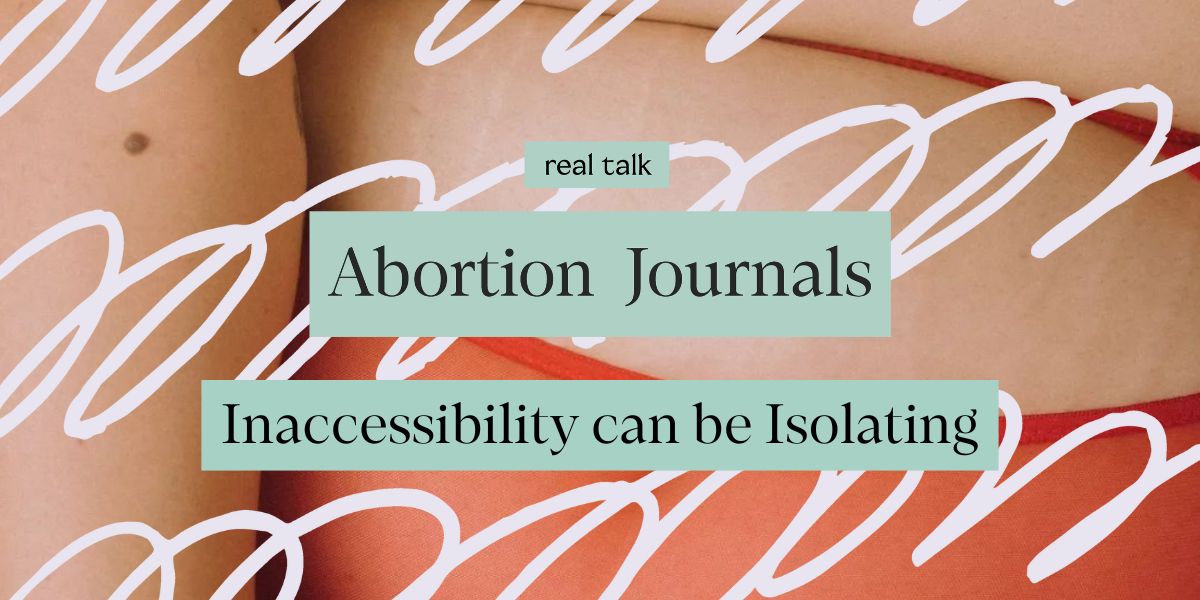In My Words: The importance of being the expert on your own body

Doctors misdiagnose patients in 10-15% of office visits for new problem. In a
2017 study, Johns Hopkins University estimates that over 250,000 die a year
from medical errors.
For women, the stats horrifying. “Women have a 50 percent higher chance of receiving an incorrect initial diagnosis after a heart attack; strokes, too, are 30 percent more likely to be overlooked in women. Autoimmune diseases, which are three times more common in women, take roughly five.”
Yes, your doctor has definitely spent more time in hospitals that you, but we need to take it into our own hands to make sure we’re getting the care we deserve. Here’s how I make sure I'm in control of my health:
1. Prepare for the appointment – before going into a doctors appoint, I write all the key facts and any questions. White coat syndrome is real, and without my list I would forget to mention a symptom or ask a question.
2. Don’t go alone – the medical system is daunting. For every key appointment, I will a trusted love one. I ask this person to make sure I don’t miss anything on my list and take notes. This allows me to focus on the conversation and ensures I don’t miss anything in the notes. Note: not every person makes for a good healthcare buddy. My dad gets squeamish around even eye drops, so he was not the person I took to my kidney biopsy.
3. Understand every number. Labs will come back with a million numbers. I make sure I understand what everything single thing means, normal or abnormal. After each test, I spend more hours that I wish on the WebMD and emailing my doctor for clarification.
4. Don’t settle for less than you deserve. Sometimes, a doctor just doesn’t provide the care we deserve. They might dismiss key symptoms, delay treatment, or just give you a blow off answer. Remember, you’re the expert in your own body. It’s time to find a new doctor.
5. Get a second opinion. Anybody who knows me, from my partner to my therapist, will tell you I am a lady who feels stress. So when an endocrinologist told me my body wasn’t producing the stress hormone, cortisol, I knew something was off. I quickly sought a second opinion and was right!
Keep Reading

In My Words: How peeing blood helped me realize my sex-ed sucked
7/20/2023 • 3 minutes

In My Words: What the f**k is going on in Florida?
7/19/2023 • 5 minutes

In My Words: Why my dog gets better care than I do
Aug 22










